Fish
Baby's food

Fish is an excellent source of high-quality protein. It also contains vitamins, minerals, and healthy fats, such as docosahexaenoic acid (DHA), which are essential for the development of a child’s brain, nervous system, and vision.
Reasons you should feed fish to your child
Aside from being a nutritious source of protein, fish contains a wide variety of micronutrients. Some varieties of fish, such as sardines, Pollock, shrimp, mussels, etc., contain omega-3 fatty acids that are essential for heart health and developing brains. Fish canned with bones is rich in calcium. Also, some fish (like salmon) contain vitamin D, which is often hard to get through food.
When to introduce fish to babies
You can introduce fish to your baby at around 6 months, as soon as your child is ready to eat solid food.
The right amount of fish to eat
There is no specific recommendation regarding how much fish a baby should eat. However, many pediatric doctors recommend two portions of fish a week, one of which should be oily. Examples of oily fish that are low in mercury include sardines, herring, salmon, trout, and mackerel.
Be aware of mercury!
Mercury is toxic to the brain and can cause developmental issues in children. When larger fish eat smaller fish that are contaminated with varying amounts of mercury, the element accumulates in their flesh. Generally, this means that larger fish like tuna contains more mercury than smaller fish like salmon, catfish, or sardines.
The best fish for children
To get the nutritional benefits of fish without a high level of mercury, choose from the following:
- Catfish
- Salmon
- Cod
- Flounder
- Tilapia
- Squid
- Scallops
- Sardines
- Freshwater trout
How to prepare fish for babies
Begin by de-skinning and deboning the fish, then cook it until it is soft. Cut it into smaller pieces or flakes. If you are preparing puree, you can mix the fish with foods that your child already eats or prepare the fish on its own.
Fish allergy
Children who are allergic to fish might be allergic to some fish but not others. And while most allergic reactions to fish result from eating fish, some children can react to touching fish or breathing vapors from cooking fish. Common symptoms of fish allergy include:
- Nausea
- Vomiting
- Diarrhea
- Headache
- Skin rash
- Hives
- Anaphylaxis (less common)
Talk with your child’s doctor if Your Child shows any symptoms of fish allergy or if you are not sure when or how to introduce fish to your child.
Verified:
Dr. Piyawut Kreetapirom, MD. license no. 41578 (22 July 2021)



